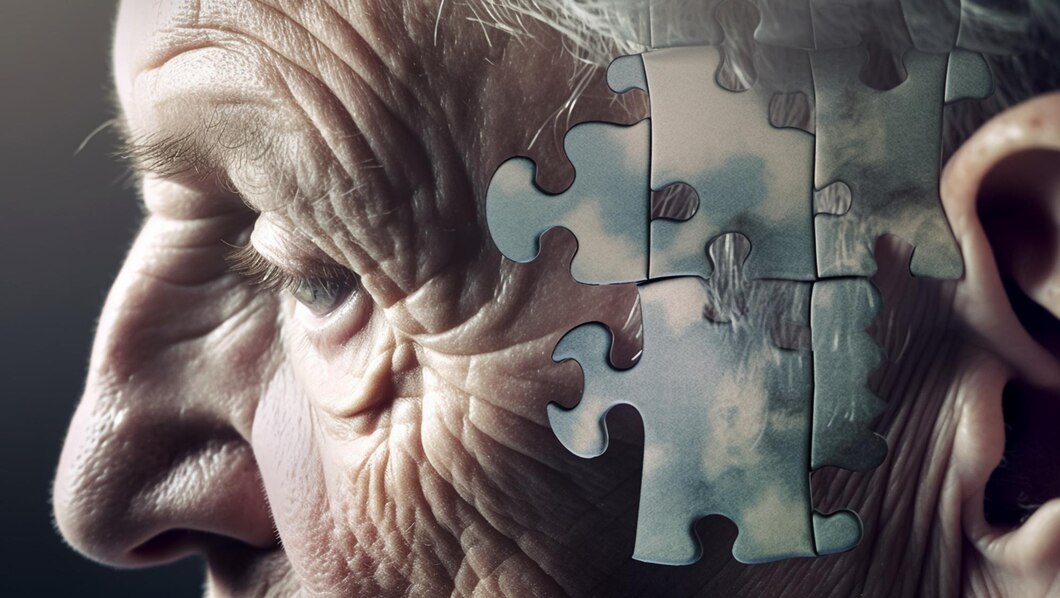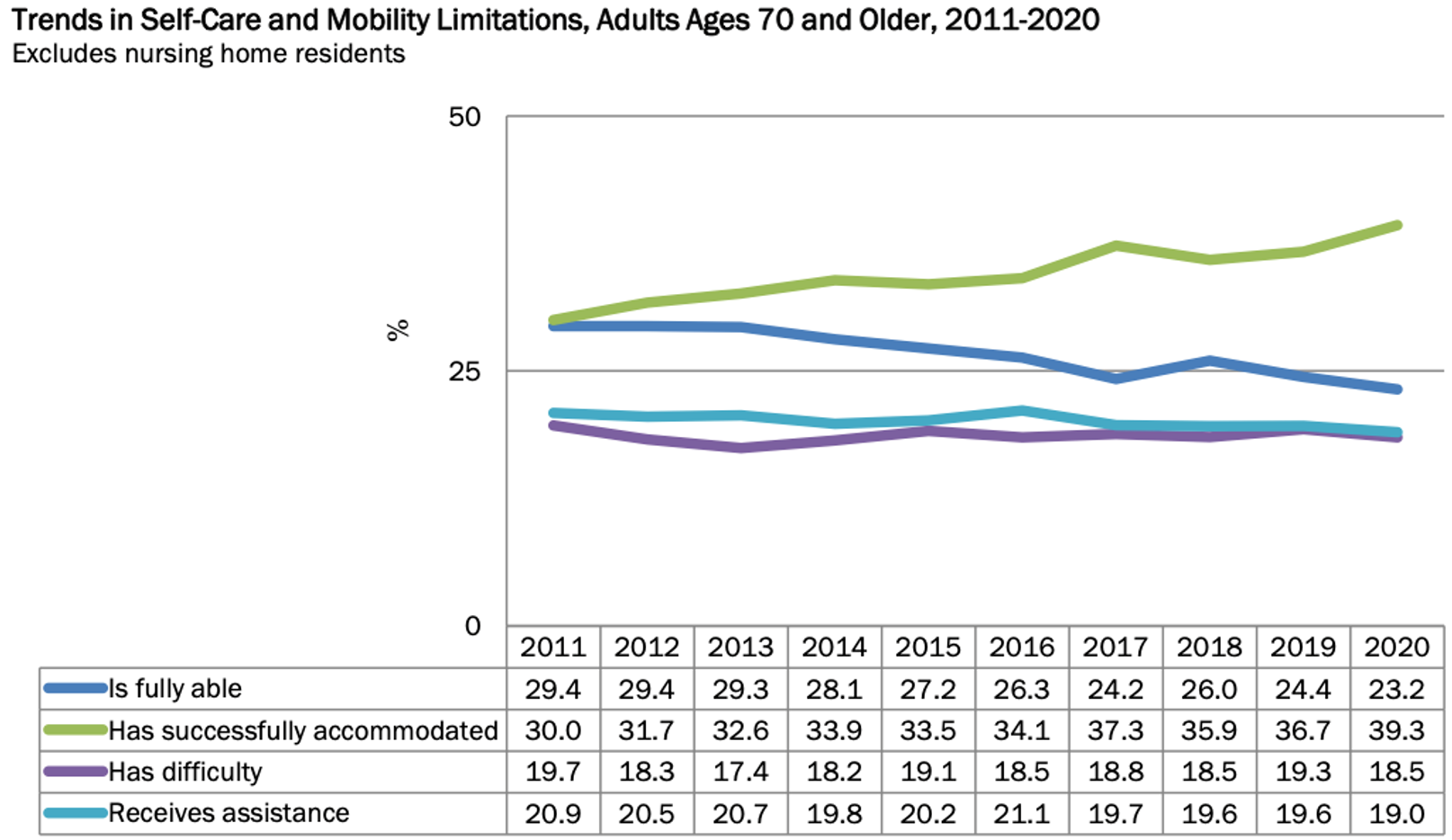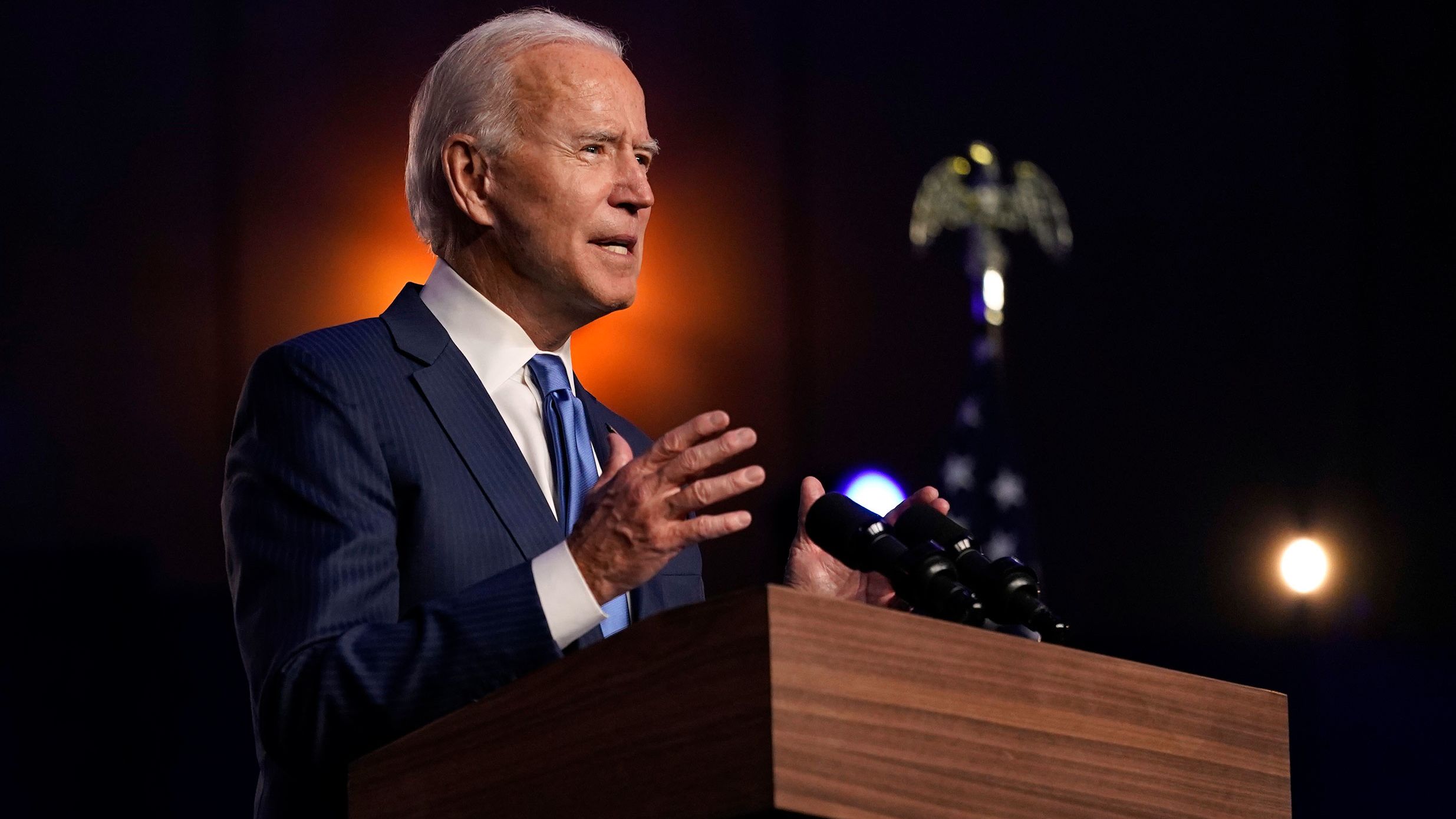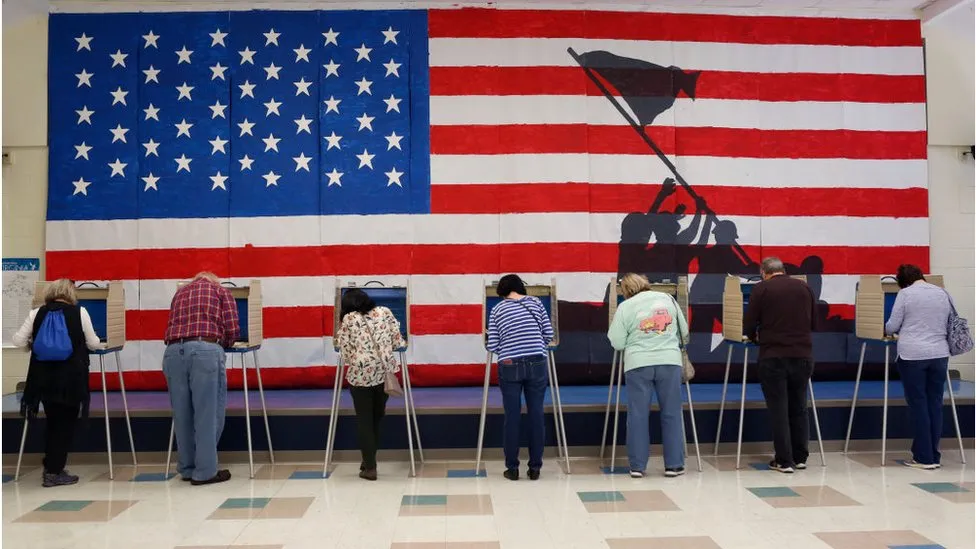By Charalampos Karouzos,
It’s no secret that the presidential election in the USA is coming sooner than later, an event with worldwide influence, as although the USA is not experiencing the most prosperous period of its history, due to the numerous socioeconomic and political challenges that have risen to the surface. Yet, it remains a cornerstone of the contemporary worldwide political status quo. As a natural consequence, when President Biden announced that he will be running for re-election in 2024, many where troubled by the fact that, suppose he wins, he will be 82 and 86 when his term ends, establishing him, for a second time, as the oldest person to assume the USA’s presidency. On the other hand, Donald Trump is not far behind, transcending the 78th year of his life during the 2024 election, conquering the octogenarian territory during another presidential term. Regardless of one’s political beliefs, the age of the two leaders of the political parties has risen important pivotal questions regarding their ability to govern, and whether an age limit for such important governmental positions must be drowned.
In our ever-evolving world, as the sands of time continue to flow, the intricate relationship between age and cognitive performance becomes a focal point of not only society and elections but for scientific inquiry, which aims to explore the complicated tapestry of the impact of aging, that intricately weaves together the threads of time and cognitive evolution.
Aging is an inevitable aspect of the life cycle; a multifaceted phenomenon, characterized by a series of biological, psychological, and social changes that occur, due to the cumulative effects of time on the human body and mind over time. However, the impact of aging varies among individuals as it’s influenced by genetic factors, environmental influences, and lifestyle choices. The decline in physical performance associated with aging is well documented and understood, however of greater interest regarding, not solely the presidential elections, but the aging population in Western countries, is the impact of old age on cognitive functions. Broadly, cognitive functions encompass many processes such as perception, attention, memory, language, and problem-solving. Indeed, research has consistently identified that certain cognitive abilities tend to decline with age, while others may exhibit resilience or even improvement(!).
Undoubtedly, one of the most scrutinized aspects of cognitive aging is memory and, in fact, its decline. The memory system has a fundamental significance in the quality of life of all individuals, a system comprised of multiple components, including working memory, short-term memory, and long-term memory. However, the different types of memory are all part of a greater spectrum that collectively compromises the ability to gather, hold, and retrieve information at will or automatically. Indeed, the decline of memory with age is a complex phenomenon with variations in different types of memory functions.

Working memory, responsible for holding and manipulating information temporarily, tends to decline with age. Thus, it results in a reduced ability to simultaneously process and store information, affecting tasks such as mental arithmetic and multitasking. Short-term memory, which is the ability to retain information over a brief period, can also experience age-related challenges. Older adults may find it more difficult to remember recent events or details, which can impact daily activities and information retention. Long-term memory on the other hand exhibits a more nuanced pattern with episodic memory, which involves recalling specific events, likely to decline; semantic memory, related to general knowledge, tends to be more stable. So, older adults may have a wealth of accumulated knowledge, but accessing specific episodic memories might become more challenging.
Undoubtedly, research has shown that memory performance is one of the most impaired areas, both during normal aging and during the development of neurodegenerative diseases, mostly seen in older adults. However, as Dr. John Morris, a neurology professor at Washington University in St. Louis told the NYT, “Forgetting an event doesn’t necessarily mean there is a problem”. Many would associate forgetting important information or being unable to recall a name or the correct date of an event with dementia, now renamed to Major Neurocognitive Disorder, however, although dementia does become more common with age; it still only affects a minority of adults in their 80s.

Memory, as noted before, is the area of cognition most commonly affect with aging, however, is not the sole are of cognition affected by the advancement of years. Regarding language, individuals experience minimal effects mostly involving the word retrieval and naming ability decline, leading to the familiar tip-of-the-tongue phenomenon, seen in a few president’s Biden speeches. In addition, the concept of cognitive reserve must be highlighted, which sheds light on the individual differences in how people experience cognitive aging. Cognitive reserve refers to the brain’s ability to adapt and reorganize, allowing individuals to maintain cognitive function despite age-related changes or brain pathology. Factors such as education, intellectual engagement, and social activities contribute to cognitive reserve with individuals with higher cognitive reserve experiencing a delayed onset of cognitive decline or may exhibit fewer noticeable changes in cognitive performance as they age. This emphasizes the importance of a mentally stimulating and socially active lifestyle in promoting cognitive health throughout the lifespan. Indeed, President Biden is “a healthy, vigorous 80-year-old male,” according to a February 2023 report from the White House physician, Dr. Kevin C. O’Connor.

In conclusion, while the election of two of the oldest presidents in the USA’s history marks a notable shift in the demographic landscape of political leadership, making age a factor now exerting a notable influence on the ballot choice, it is imperative to approach this change with a nuanced understanding of its potential implications. Age, as a factor, brings both advantages and challenges to the governance of a nation as the accumulated wisdom, experience, and historical perspective that older leaders may possess contribute to informed decision-making and stability. It’s crucial to acknowledge the concerns regarding potential cognitive decline, decreased energy levels, and adaptability to evolving challenges that may arise with advancing age.
Ultimately, the effectiveness of these leaders will depend on their ability to navigate the challenges of working memory and physical ability decline, and simultaneously leverage the strengths associated with their age. A proactive approach to addressing concerns through regular health assessments, transparent communication, and collaborative decision-making can help mitigate potential drawbacks. As we usher in this new era of political leadership, it is essential for the public, policymakers, and the leaders themselves to engage in a constructive dialogue about the intersection of age and governance, fostering an environment where leadership capabilities are evaluated comprehensively, irrespective of chronological age. To bring matters to a close, the age of the presidents is one of the main concerns of voters, however concentrating solely on their age as a numerical value overlooks the broader concept of the qualities and ideals these individuals embody as prospective leaders of the United States; based on which they should be elected.
References
- Memory Loss Requires Careful Diagnosis, Scientists Say. The New York Times. Available here
- PHYSICIAN TO THE PRESIDENT. THE WHITE HOUSE. Available here
- Freedman VA, Cornman JC, Kasper JD. National Health and Aging Trends Study Chart Book
Key Trends, Measures and Detailed Tables. National Institute on Aging. Maryland. 2021. - Biden Would End His Second Term at 86. What Could That Mean for His Brain and Body? The New York Times. Available here
- Yiru Yang, Dandan Wang, Wenjie Hou, and He Li. Cognitive Decline Associated with Aging. Springer Nature Singapore Pte Ltd. Singapore. 2023.




